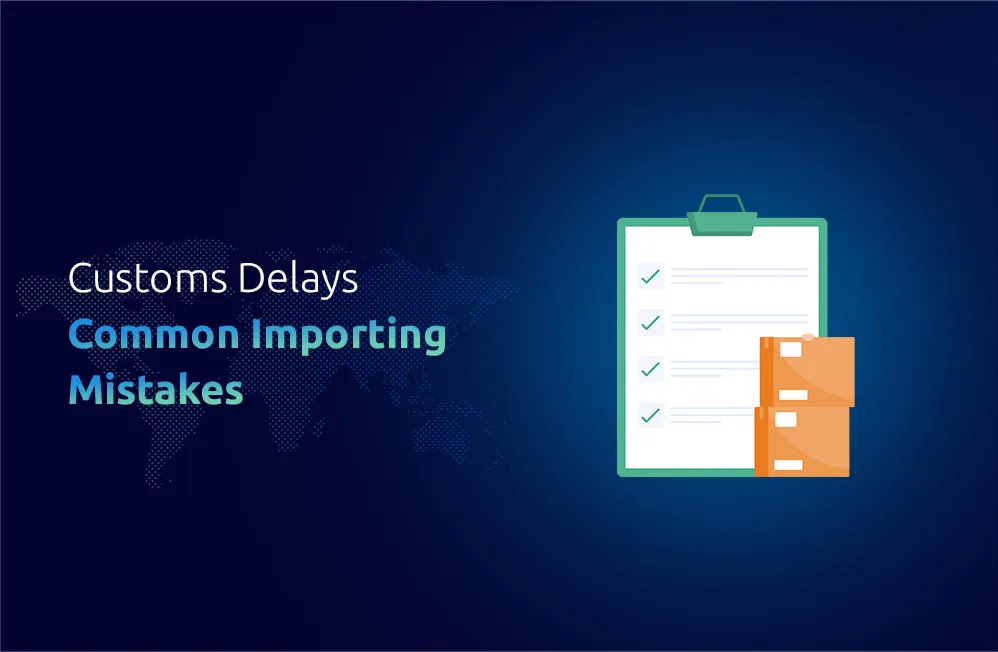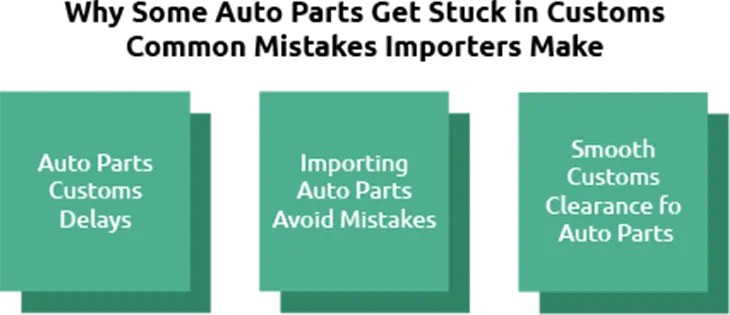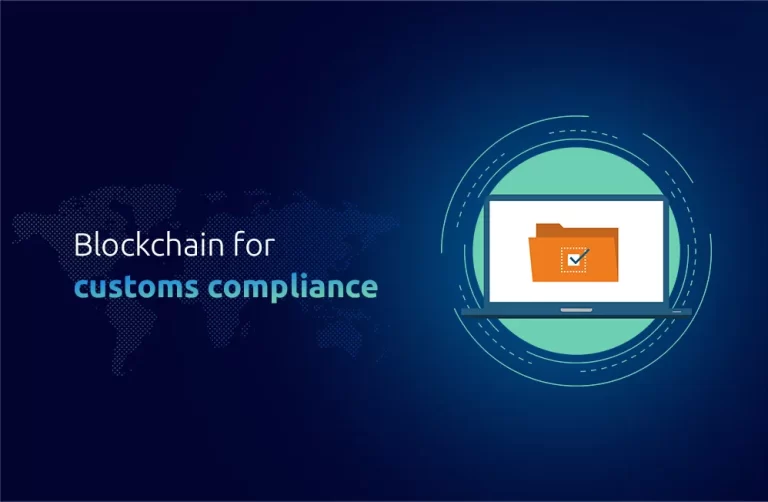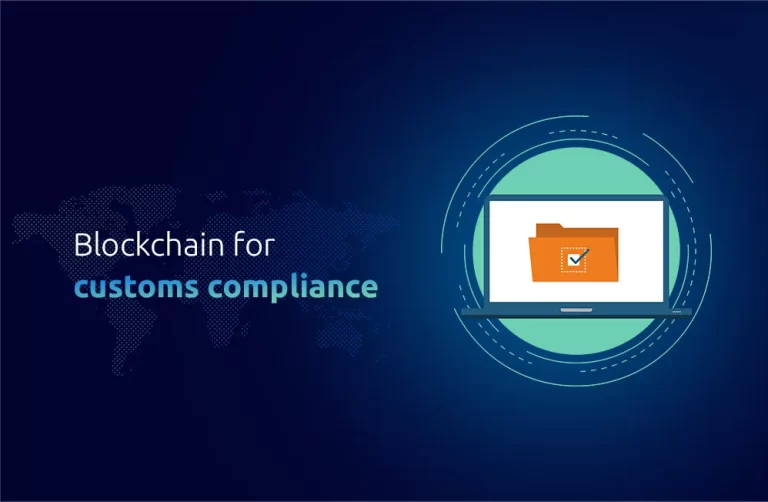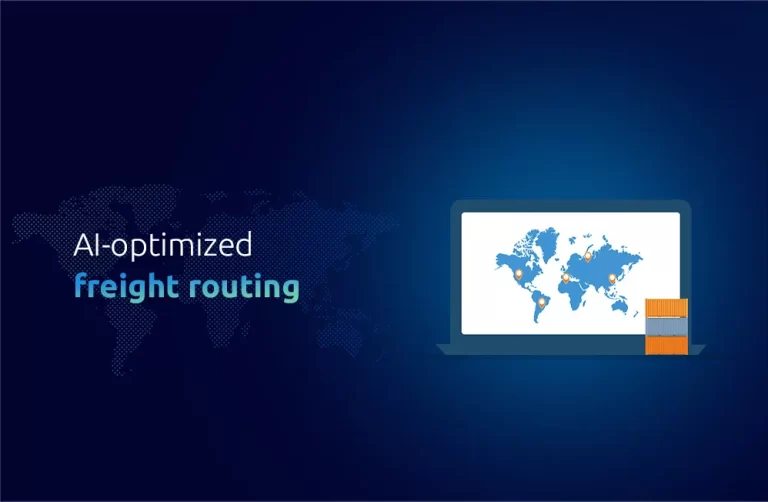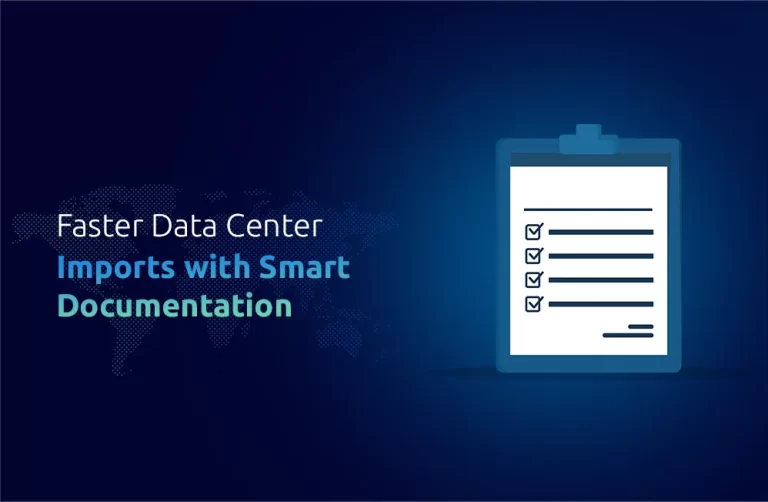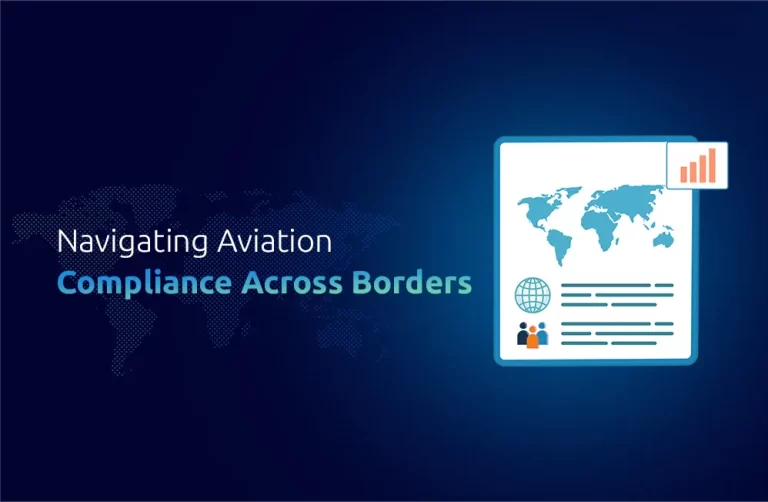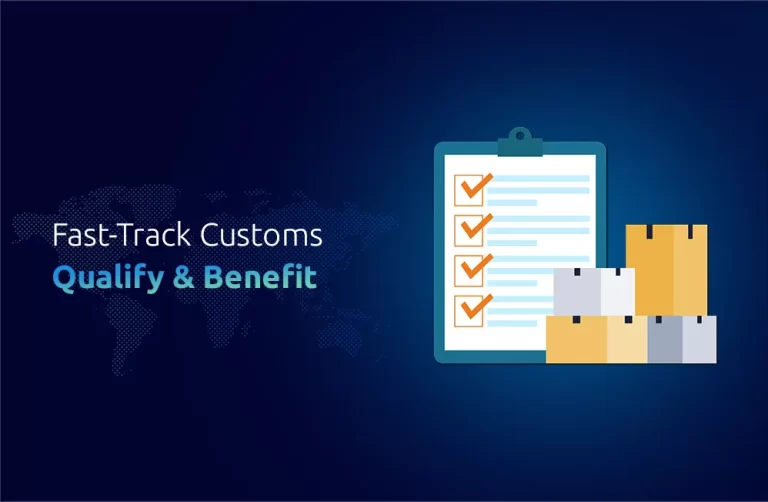Introduction
The process of importing auto parts can prove quite complex and challenging due to the customs regulations of the country where they are being shipped. You ship auto parts; whether you are a small business that needs auto parts or a seasoned importer, shipments often get stuck in customs because of preventable mistakes. Errors can result in costly delays, penalties, & even loss of goods. Importing auto parts can be complicated. It is too easy to make the wrong decisions or have misunderstandings that can add unnecessary stress to the process.
Understanding The Customs Processes
Importing auto parts is a number-crunching exercise requiring an understanding of specific requirements, regulations, classification of products, inspection processes, and legal limits. Even minor errors can result in a shipment being delayed, held up, or fined. Knowing what to expect and preparing for the complexities of customs will save you from sitting on hold or wasting time waiting for your shipment.
Common Mistakes Importers Make
Overlooking the Intents of Import Legitimacy
Depending on what auto parts you look into importing, one of the biggest mistakes you can make is not knowing whether or not they’re even allowed in the country. Certain permits and certifications may be required, or there may be restrictions depending on the type of car parts. Neglecting to confirm the goods’ legality may cause delays with your shipment or worse a rejection.
Missing or Inadequate Documentation
To ensure this, customs authorities need correct and complete documentation for every shipment. Missing or incomplete paperwork invoices, packing lists, and certificates of origin can cause delays or fines. One important paper is the shipping in-house questionnaires, vital to clearing customs without problems.
Inaccurate Goods Classification
The classification of goods is central to identifying the relevant customs duties and taxes. Getting the auto parts wrongly categorized can cause your shipment to attract unnecessary tariffs or get stuck with customs for reclassification. To prevent this, auto parts should always be correctly classified according to the harmonized code system.
Omitting Regulatory Inspections & Permits
Additionally, some auto parts need extra regulatory checks or special permits, including environmental certifications, safety standards, or quality inspections. If you skip these steps, you may experience delays, fines, or takeover of goods. Always check if your auto parts need more inspections or certifications before shipment.
Neglecting Financial and Tax Planning
Financial planning is important while importing auto parts. Import duties, taxes, and storage fees can pile up quickly if you haven’t factored in beforehand. A clear financial plan before shipping can help prevent pitfalls that could result in the import being unprofitable or delays caused by a lack of cash flow.
Dealing with Unreliable Suppliers
Incompatibility with certain regulatory standards or failure to provide correct documentation can cause delays with customs when working with a supplier. Supplier vetting is critical to maintaining a steady flow of auto parts that meet product standards and customs documentation.
Unrealistic or Wrong Expectations About Trade Deals
Although trade agreements can offer customs exemptions or lower tariffs, they are subject to strict origin regulations and other compliance requirements. Misinterpreting these agreements can result in costly penalties or failure to benefit as intended. Ensure you fully understand if certain trade agreements are in scope and the associated criteria.
Poor Packaging and Shipping
Improperly packaged goods may also result in further inspections or fines. Inadequate labeling or missed packaging standards may also lead to delays. As a general rule, importing auto parts ensures that your auto pieces are wrapped per customs and shipping laws.
Failing to Use a Licensed Customs Broker
Customs brokers are experts who know the customs processes in and out. Not having one can result in errors that delay shipments, result in fines, or lead to your goods being rejected. A customs broker will prepare all necessary documentation and assist with classification and compliance to ensure your shipments clear customs smoothly.
Main Pitfalls and How to Avoid
Common Pitfall
What Happens in Practice
How to Avoid It
Ignoring Legal Import Limits
Shipment is stopped; license demands or outright bans
Verify the legality of the product before importing
Incomplete or Poor Documentation
Shipment delays, questioning, and fines
Ensure all documents are accurate and complete
Incorrect Product Classification
Incorrect duties, fines, or shipment rejection
Hire a professional for accurate classification
Failure to Check Regulations
Delays due to inspections or missing permits
Check specific regulatory requirements for each part
Poor Financial Planning
Unexpected fees, making the shipment unprofitable
Account for all potential fees in your budget
Unreliable Suppliers
Delays or incorrect goods due to poor supplier practices
Vet suppliers and ensure they meet your standards
Misuse of Trade Agreements
Loss of benefits or penalties for non-compliance
Understand the rules of origin and ensure compliance
Poor Packaging and Shipping
Damaged goods or fines for improper packaging or labeling
Follow packaging regulations and guidelines
Skipping a Professional Customs Broker
Risk of costly mistakes due to lack of expertise
Work with a skilled customs broker to guide the process
How a Professional Customs Broker Saves You from Pitfalls
Importing auto parts can be complicated, and a professional customs broker can rescue you! This helps your shipments comply with legal requirements, having processed all paperwork in proper order as brokers are well-versed in the latest regulations. They have direct contacts and understand customs systems to hasten the release of goods, reducing delays. Brokers also help with correct product classification to prevent overpaying taxes on auto parts or facing a fine.
By managing the tedious documentation process, brokers reduce the likelihood of errors or missing documents. In case any issues arise, they can step in immediately, resolve discrepancies, and work with customs authorities to clear up any complications efficiently.
Risk Management and Advance Checks
When importing auto parts, risk management is key because it is better to be prepared than to solve problems when they arise. Also, one of the first steps is checking the legal requirements of your auto parts so you can see that the goods you want to import are allowed in the country and if they need special permits or licenses. Overseas parts may need to comply with safety and emissions regulations in the U.S., so it’s best to know the regulatory requirements. Some auto parts may require more inspections, certifications, or approvals before reaching the market. Finally, take abundant care to budget for the above costs, plus import taxes and duties when you take delivery, as well as storage fees and possible fines. This will ensure that your import is cost-effective and no hidden costs catch you by surprise.
Ways to Cut Costs Without Taking Risks
Attempting to cut corners to save on expenses might be tempting, but legally and strategically, it’s important that you want to avoid delays or fines. One important aspect of making the best possible use of your trade agreements to save on auto parts is to ensure that they meet the guidelines outlined in the rules of origin and you possess a valid Certificate of Origin.
Another way to cut costs is to deal with your supplier; you might be able to negotiate your way into bulk order discounts or negotiate lower shipping prices. You might also explore consolidating shipments; combining several smaller orders to one large shipment can tremendously reduce shipping and handling costs.
Finally, select an economical shipping route. If there’s time for your goods to reach you, the cheapest means of transport is via sea freight solutions, and you can even rely on air and sea freight combined solutions depending on how fast you need them. So, using these tools to measure, you can meet compliance and deadlines without costs.
Conclusion
Importing auto parts can be complicated, which is why we at One Union Solutions have experience assisting businesses throughout the importation process. Preventing the common pitfalls above will help you import quickly and inexpensively. Allow us to help you handle your shipments so you can grow your business without being held up at customs.
Did You Know?
According to recent government reports, over 30% of imported goods are delayed in customs because of incomplete paperwork or misclassification of goods. These uncertainties can be mitigated with proper preparation and the right professional coaching.
FAQs
1. Why are my Auto Parts stuck in customs?
Ans: This is often due to wrong product classification, incomplete paperwork, or missing permits. Working with a professional customs broker can help minimize the headaches.
2. What do I do to stop my auto parts from being delayed?
Ans: Make sure you still have documentation in place, classify the products correctly, and have all the necessary permits.
3. Is there any need for a customs broker for importing auto parts?
Ans: While it’s not mandatory, using a customs broker is highly recommended to ensure compliance with all customs regulations and avoid costly mistakes.
4. What documents do I need to import auto parts?
Ans: Common documents include invoices, packing lists, certificates of origin, and any special permits or certifications required by regulatory bodies.
5. How can I save money when importing auto parts?
Ans: Utilize trade agreements, consolidate shipments, and negotiate with suppliers to cut costs. Make sure to also plan for all potential fees and taxes to avoid surprises.

